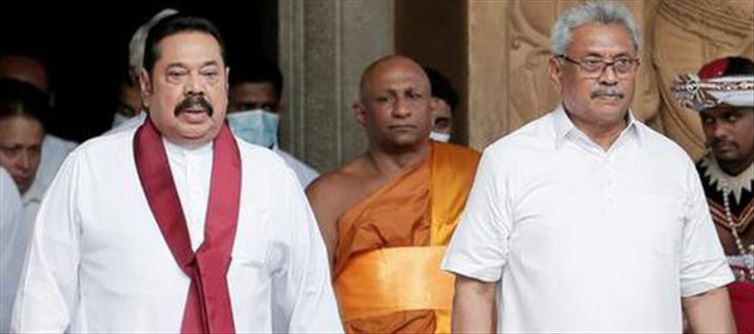
Gotabhaya Rajapaksa, on the other hand, has refused to resign. This enhances the possibility of him being dismissed. The President of sri lanka is tough to dismiss under the country's constitution. Furthermore, it will take extra time. First, a resolution outlining why the president is ineligible for office must be passed by a two-thirds majority in parliament. The supreme court must then hear the case.
The legislature will have to reconvene and vote if the judges confirm it. Meanwhile, the sri lanka People's Alliance, the Rajapaksas' ruling party, continues to claim a majority in parliament, demonstrating their power in last week's vote for the new deputy speaker. However, almost two dozen legislators and former ministers linked to the Rajapaksas have had their homes attacked. In the fighting, a member of the ruling party's parliament was killed. It is currently unknown what he will do after leaving the position. The question is whether the Sri Lankan opposition can overcome these challenges and depose President Gotabhaya Rajapaksa.




 click and follow Indiaherald WhatsApp channel
click and follow Indiaherald WhatsApp channel